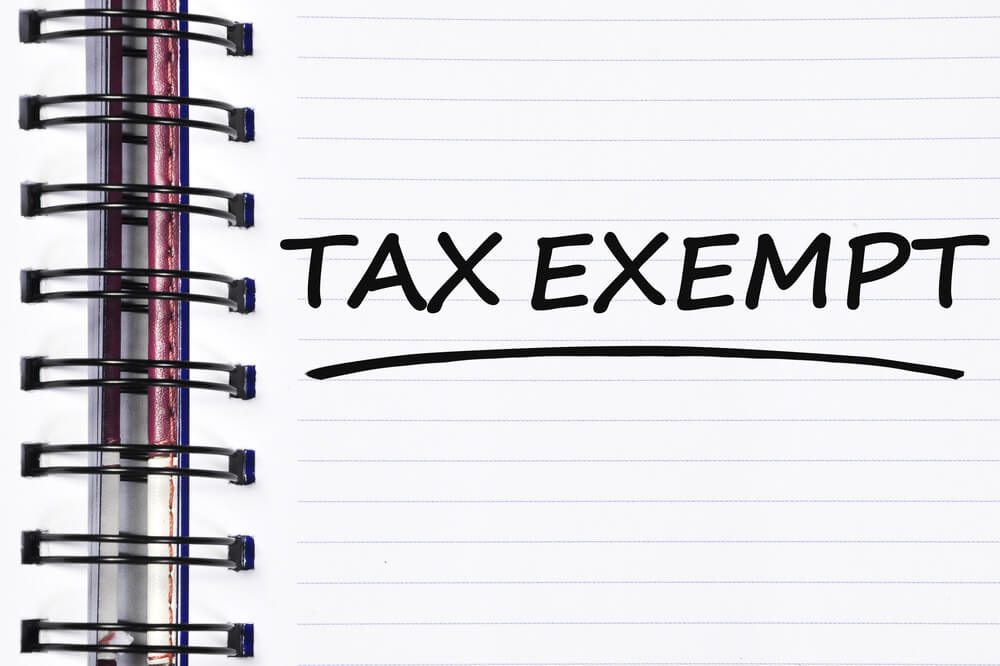The Tax Cuts and Jobs Act (the Act) includes provisions that directly impact tax exempt organizations. The following are two key provisions of the Act that may have an impact on tax exempt organizations.
1. Qualified transportation fringe benefits have been eliminated. The Act eliminates the deduction available to employers for the provision of qualified transportation fringe benefits (except as necessary to ensure the safety of an employee) which include amounts paid for:
- Commuter transportation in a commuter highway vehicle if such transportation is in connection with travel between the employee’s residence and place of employment
- Transit passes which include any pass, token, fare-card, voucher or similar item
- Qualified parking which means parking provided to an employee on or near the business premises of the employer or on or near a location from which the employee commutes to work by transportation in a commuter highway vehicle, or by carpool
- Certain bicycle commuting benefits
Under the Act unrelated business income subject to tax, or UBIT, is increased by any amount which is paid or incurred by such organization in providing the benefits listed above. In addition, the language in the Act appears to apply to both direct and indirect expenditures for providing the benefits listed above. Direct expenses for example include but are not limited to an employer paying for transit passes or on-site parking. Indirect expenses for example include pre-tax parking arrangements used by employees to pay for parking that is excluded from their income under a qualified plan.
Tax exempt organizations that continue to treat the transportation fringe benefit as something other than taxable compensation to the employee will now need to treat any such amounts as UBIT and pay tax on the UBIT. The tax rate for tax exempt corporations is 21%. Based upon the new provisions the employer essentially has two options:
- Continue to provide the benefit to the employees and pay tax on the amount of the benefit provided;
- Treat the amounts paid as taxable compensation to the employee which will increase the employee’s taxable income and for which both the employee and the employer will pay the related payroll taxes.Note: Certain employers including those in the District of Columbia may be obligated to provide these benefits by regulations such as the DC Commuter Benefits Ordinance. Under such regulations a pre-tax plan may be a preferred option.
2. The deduction for onsite gyms was eliminated. This amount if paid is similar to the provisions noted above.
If you are a tax exempt organization, this law impacts you. Contact an MCB Tax Advisor for all your tax needs at 703-218-3600.

